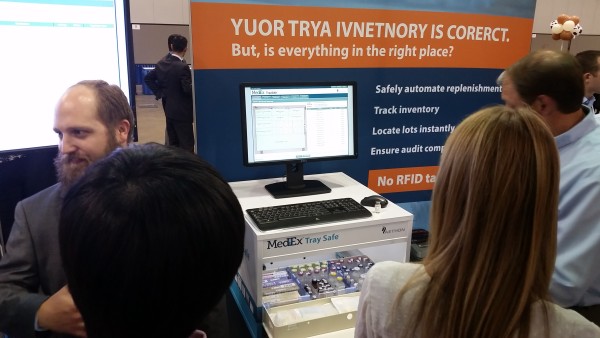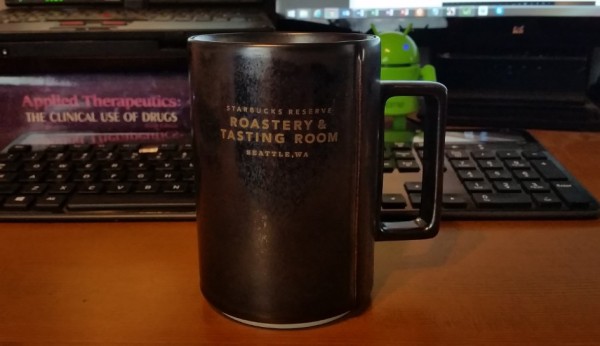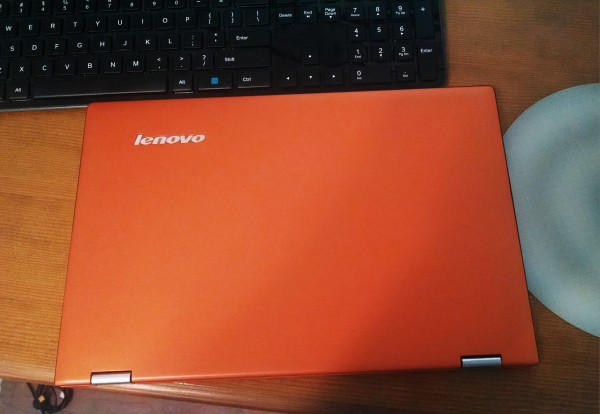Data surrounds us. We’re deluged by it in every facet of our lives, from the bank statements we receive in our personal life to the mountains of data collected in healthcare. Regardless of the data collected, there are basically three things that can be done with the information. It can be ignored, archived, or used. Unfortunately only one of those three things is truly meaningful, using it.
Many, especially in pharmacy, chose to ignore or archive data rather than use it. That’s not because the information isn’t valuable, but rather because they are overwhelmed with the amount of information they receive and simply have no idea what to do with it. Throw in the fact that the more data we collect, the more useful it becomes, and things get weird. Seems counterintuitive, but data collected from a single source, say one pharmacy i.v. room, offers little value.
Single source data creates several problems, such as potential bias, the inability to find trends that may be available in larger data sets, and failure to create usable comparisons to others that may offer insight into improved operations. Only when data is collected from several different sources does one truly begin to understand its value.
(more…)


 I receive press release emails for several companies. One of those companies is
I receive press release emails for several companies. One of those companies is 

